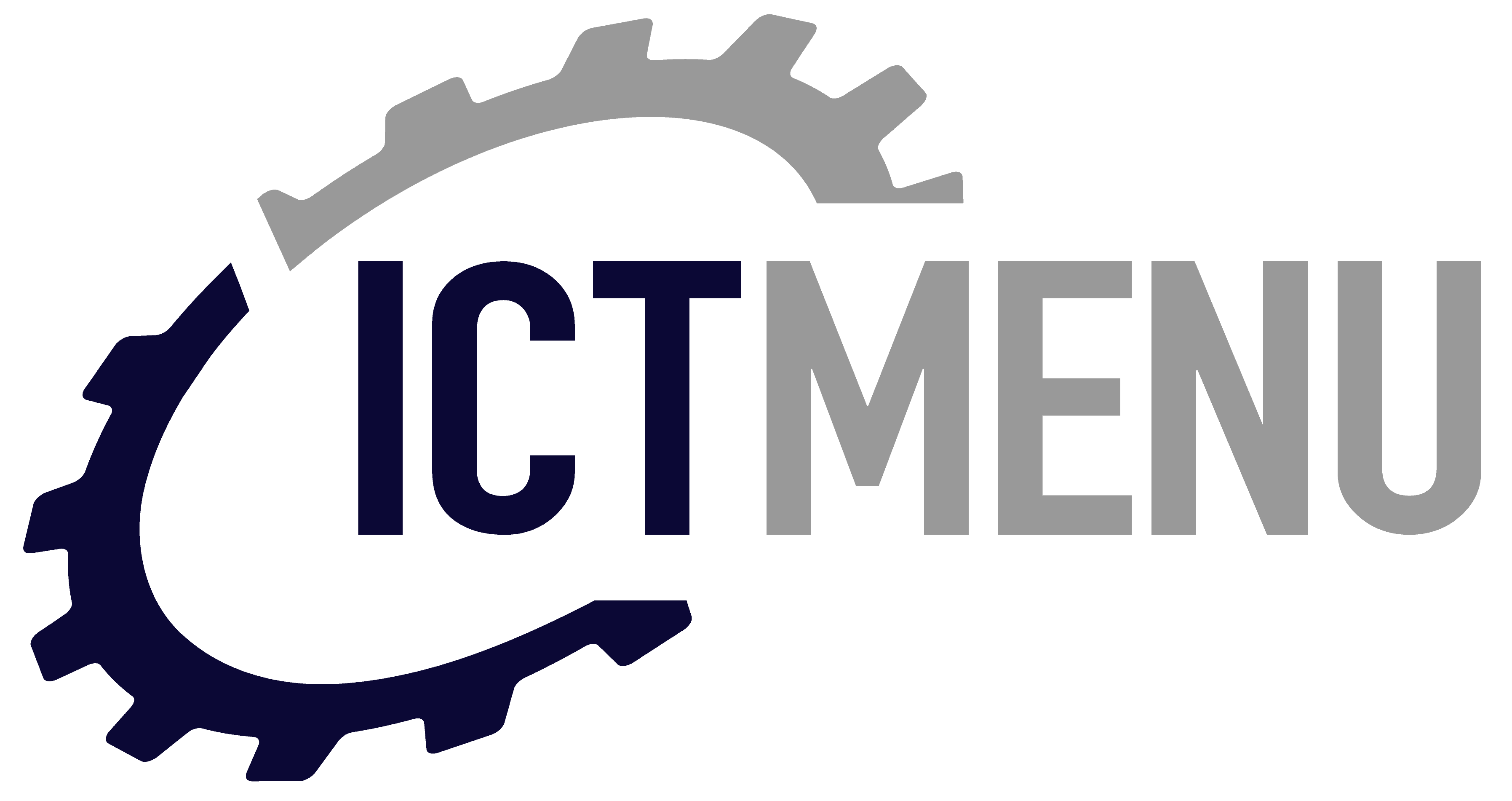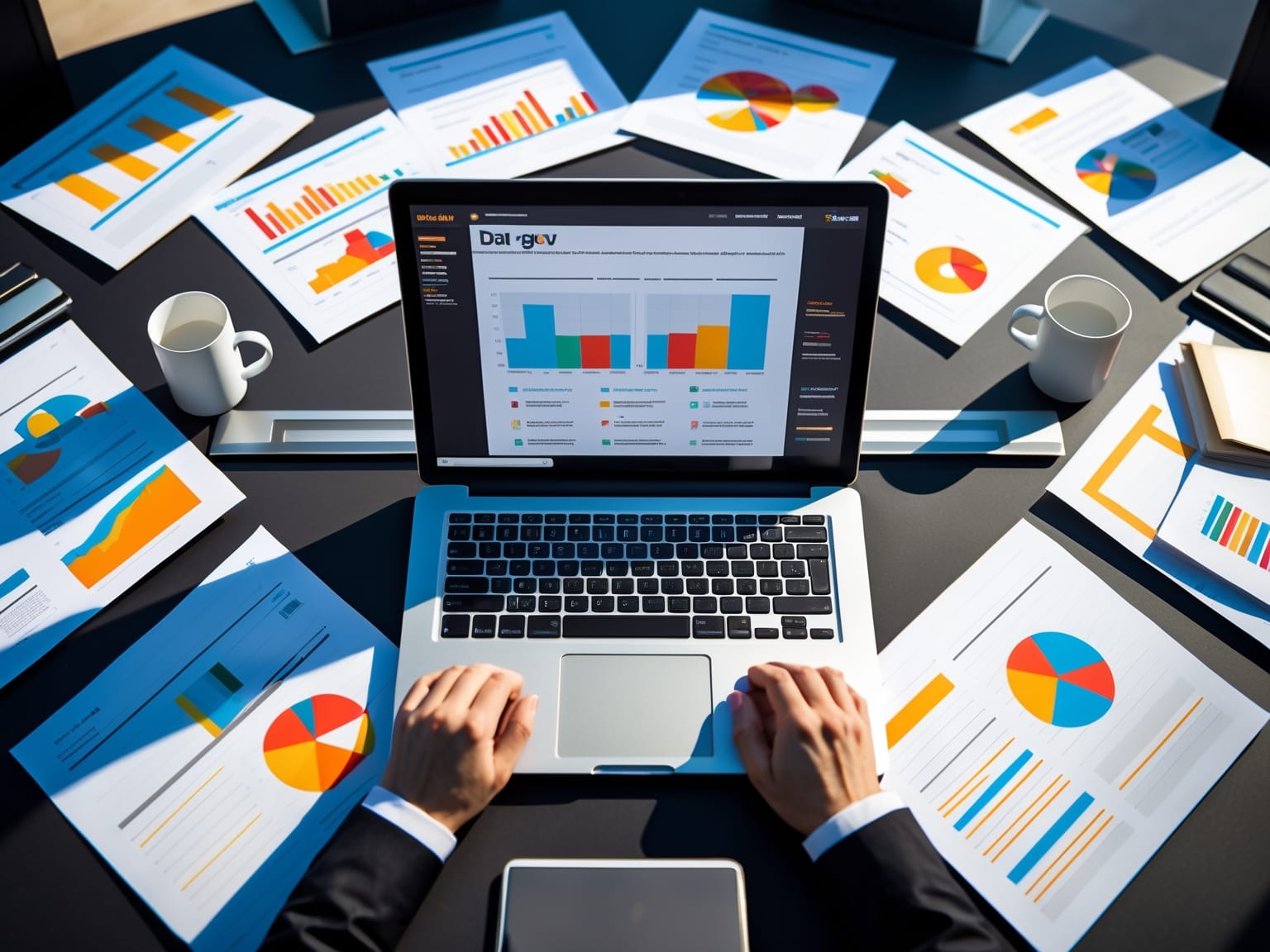Data.gov provides access to a wealth of open government data, enabling users to explore various datasets for research, analysis, and application. By leveraging the extensive data repository, individuals and organizations can gain insights into economic trends, environmental statistics, and more. Discover the benefits of utilizing these resources, enhancing informed decision-making and innovation. In this article, learn how to effectively use the vast information available on Data.gov to drive your projects forward.
Exploring Data Sets
Data.gov serves as a gateway to a wealth of government-collected data sets, essential for researchers, developers, and policymakers seeking valuable insights across diverse fields. These data sets form the core of Data.gov, enabling users to delve into crucial topics such as public health and environmental change. By providing extensive resources, Data.gov allows individuals to explore and customize data to meet specific research needs.
To efficiently navigate and locate relevant information, Data.gov offers smart filter options. These filters aid users in refining data searches by categories such as topic, agency, format, and more, ensuring the discovery of pertinent data quickly and easily. Understanding and interpreting various data formats is equally pivotal, as Data.gov provides access in formats like CSV, JSON, XML, and more, simplifying integration into analytic tools or software for further exploration.
Practical applications and high-impact discoveries through Data.gov exemplify its utility. For instance, public health agencies have leveraged these data sets to track and model disease outbreaks, significantly informing healthcare strategies. Environmental organizations utilize data to monitor climate change effects, aiding in the development of prevention solutions and policies.
Unlocking the potential of these data sets empowers users to tailor them according to research necessities, fostering innovative solutions across sectors. By seamlessly transitioning into utilizing Data.gov tools, users amplify their research efficiency and outcomes, offering an introduction to the next chapter’s exploration of specialized tools to further enhance data application and insight extraction.
Utilizing Data.gov Tools
Data.gov presents a suite of tools meticulously crafted to assist users in maximizing the potential of open government data. By offering diverse applications intended for data integration, Data.gov enables seamless connections between disparate data sets, providing users with comprehensive insights. This integration capability is particularly useful for IT professionals and enthusiasts looking to optimize their digital infrastructure projects.
One prominent feature available is the utilization of APIs (Application Programming Interfaces), which streamline the data retrieval process. By automating data extraction, APIs facilitate a continuous flow of updated information, allowing users to focus on analytical tasks rather than manual data gathering. This automation aligns perfectly with the mission of empowering individuals to manage their technology efficiently.
In practice, leveraging these tools has led to the development of various successful data-driven projects. For example, community organizations have utilized APIs to track public health data trends effectively, which significantly aids in their strategic planning and response activities. Similarly, urban development initiatives have used integrated data applications from Data.gov to identify and address infrastructure gaps, resulting in more informed decision-making processes.
As you delve further into how these tools can enhance your analytical capabilities, keep in mind that Data.gov not only provides the resources but also encourages innovation and practical applications. Transitioning now to the next chapter, we will explore specific success stories that showcase the transformative power of Data.gov’s offerings, illustrating the tangible benefits of open data in various fields.
Data.gov Success Stories
Data.gov has revolutionized the way we access and utilize public data, setting the stage for a myriad of success stories that showcase the immense potential of open data. By leveraging the diverse datasets available on Data.gov, various sectors have achieved groundbreaking results, driving advancements in multiple fields. In the realm of science and technology, open data has facilitated significant achievements. Researchers have tapped into environmental datasets to track and predict climate change patterns, informing strategies to mitigate its impact. This accessibility accelerates scientific discoveries and technological innovations, as professionals and enthusiasts alike can rapidly access crucial information at no cost.
The platform also champions government transparency and accountability. Through Data.gov, citizens gain access to government expenditures, vital statistics, and legislative activities, empowering them to hold public officials accountable. This democratization of information strengthens public trust and promotes civic engagement, proving that transparency can be both achievable and impactful.
Moreover, society benefits immensely from innovative applications derived from Data.gov’s resources. Health sectors have cut costs and improved patient outcomes by utilizing open datasets for predictive analytics, such as forecasting disease outbreaks. Community planners use demographic data to make informed decisions about infrastructure improvements and resource allocation, enhancing the quality of life in urban and rural areas alike. The transformative potential of Data.gov sets a powerful example of how open data can lead to tangible social improvements. As we grasp these success stories, understanding the intricacies of data licensing becomes crucial, ensuring ethical and legal use of these valuable resources.
Navigating Data Licensing
Data.gov offers a wealth of open government datasets, but understanding data licensing is crucial for users aiming to harness these resources effectively. Data licensing determines how datasets can be used, shared, modified, and distributed. Ensuring compliance with these legal considerations is essential to avoid potential legal pitfalls. There are various types of licenses that can apply to datasets on Data.gov, ranging from public domain dedications, which allow free use of data with minimal restrictions, to licenses requiring attribution or restricting commercial use. It’s important to clearly understand the specific license attached to each dataset as this can significantly impact project planning.
Being aware of potential restrictions is key to effectively navigating data licensing. For instance, licenses might impose limitations on modifying data or using it in a commercial context. These restrictions should be anticipated and incorporated into your planning process to ensure that your project remains compliant as it progresses.
Safeguarding your work while using government datasets is crucial. Referencing best practices for legal use helps prevent inadvertent misuse and ensures that your projects are built on a foundation of compliance. Engaging with Data.gov’s resources and understanding their licensing can pave the way for innovative uses of open data.
As you explore the numerous opportunities presented by Data.gov, consider also engaging with the community to exchange insights and strategies. This collaborative environment can enhance your understanding and application of Data.gov’s offerings, setting the stage for the next chapter—Participate in Data.gov Community.
Participate in Data.gov Community
Data.gov is much more than a repository for public datasets; it’s a vibrant community where enthusiasts and experts alike come together to engage in meaningful collaboration. Understanding data licensing, as discussed in the previous chapter, empowers users to access and utilize vast data resources legally and responsibly. Now, by participating in the Data.gov community, you can connect with like-minded individuals and share your insights for collective growth.
In this thriving community, users can engage with fellow data enthusiasts and experts on a multitude of projects. It offers numerous avenues to connect, such as forums, where questions can be discussed and answered, fostering a spirit of mutual learning. Additionally, workshops and events organized by Data.gov serve as excellent networking opportunities, allowing participants to collaborate in real-time and tackle projects more effectively.
Contributing your own data insights within this community enhances collaborative learning, bridging gaps between different levels of expertise and experience. This dynamic exchange of knowledge not only enriches individual understanding but also promotes innovation, as diverse perspectives often lead to novel solutions.
Connecting with a diverse and knowledgeable network has significant benefits. You gain access to a wealth of collective wisdom, enabling improved decision-making and project outcomes. Moreover, the community spirit that Data.gov cultivates fosters a supportive environment where users learn from each other, unlocking new methodologies and insights that might not have been apparent in isolation.
As we embrace community engagement, it is essential to consider the role of open data in shaping future possibilities. Transitioning seamlessly from the communal present into visionary thinking, we will next explore the potential trajectory and impact of open government data in the coming years.
Future of Open Government Data
Data.gov is poised to play a pivotal role in the future of open government data. As users explore the vibrant Data.gov community, they can also look forward to remarkable advancements and changes on the horizon. Stay ahead by understanding the significant trends that will shape open government data’s trajectory. Technological advancements are set to enhance data access dramatically. With the integration of artificial intelligence and machine learning, platforms like Data.gov will offer more intuitive and streamlined data retrieval systems. Users will find it easier to extract insights from vast datasets, making data utilization more efficient than ever before.
Policy shifts aimed at increasing transparency are another critical development. As governments worldwide recognize the value of openness, they are crafting policies to ensure more data is accessible through portals like Data.gov. These changes foster an environment where accountability and public trust are strengthened, allowing civic engagement to flourish.
Emerging sectors are increasingly gaining from open data availability. Industries such as healthcare, environmental science, and urban development are tapping into the wealth of information provided by open data platforms. Harnessing these resources allows these sectors to innovate and address complex challenges more effectively.
Prepare for these transformations as they enhance data accessibility and extend the impact of Data.gov. By embracing these evolving trends, users can maximize their engagement with open government data, unlocking new potentials and driving progress across multiple domains.

